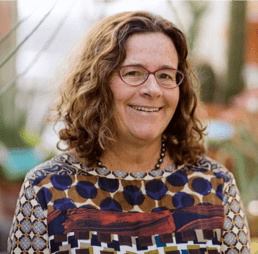176 people attended the annual Poster Session for the Dartmouth  Superfund Research Program’s Dragonfly Mercury Monitoring Project which was held on January 10, 2020 at Dartmouth College in Hanover, NH. Students from Woodstock High School in VT and Stevens High School, Rivendell Academy and Pelham High School in NH presented excellent posters. The keynote speaker, Dr. Jennifer Brentrup, Postdoctoral Fellow at University of VT and Dartmouth College, spoke about her work sampling lakes to understand climate change. This community engagement effort puts mercury research into the hands of local
Superfund Research Program’s Dragonfly Mercury Monitoring Project which was held on January 10, 2020 at Dartmouth College in Hanover, NH. Students from Woodstock High School in VT and Stevens High School, Rivendell Academy and Pelham High School in NH presented excellent posters. The keynote speaker, Dr. Jennifer Brentrup, Postdoctoral Fellow at University of VT and Dartmouth College, spoke about her work sampling lakes to understand climate change. This community engagement effort puts mercury research into the hands of local  high school students to educate them about mercury in our world and the importance of clear, data-based scientific research and communication to mitigate mercury risks. The Dragonfly Project is supported by the Dartmouth Toxic Metals Superfund Research Program and the Wellborn Ecology Fund. More event photos. More information about the Dragonfly Project.
high school students to educate them about mercury in our world and the importance of clear, data-based scientific research and communication to mitigate mercury risks. The Dragonfly Project is supported by the Dartmouth Toxic Metals Superfund Research Program and the Wellborn Ecology Fund. More event photos. More information about the Dragonfly Project.
 Director Celia Chen was quoted in a Science magazine article about mercury being transported up the food chain by ghost fleas in Prairie lakes. “It’s a cool food web story. This idea that mercury would migrate up–it’s novel,” the director of the Dartmouth Toxic Metals Superfund Research Program tells “Science” in a story about higher-than-normal levels of the element in lake fish.
Director Celia Chen was quoted in a Science magazine article about mercury being transported up the food chain by ghost fleas in Prairie lakes. “It’s a cool food web story. This idea that mercury would migrate up–it’s novel,” the director of the Dartmouth Toxic Metals Superfund Research Program tells “Science” in a story about higher-than-normal levels of the element in lake fish.


